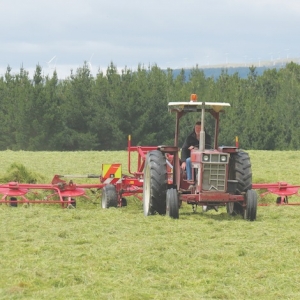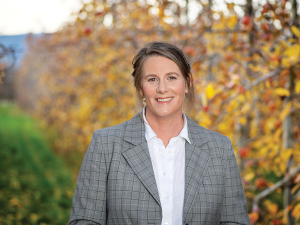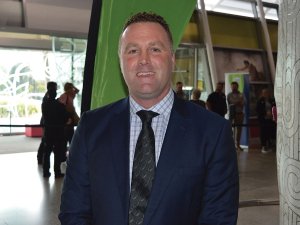A VERY mixed season around the country has posed a range of challenges to dairy farmers according to DairyNZ’s Craig McBeth.
He told Dairy News the season has seen a wide variety of temperatures – hot and cold spells – affecting growth rates.
“As a result farmers have been trying to grapple with what might be a surplus of feed onfarm one week and the next week growth rates will slow down and it ends not being as much of a surplus as they were projecting. That has made it a challenge in deciding on the length of rounds and whether to take silage off or to feed the grass.”
Northland had to cope with floods in July, Waikato had soil moisture levels adequate rather than high, and Southland has a wet, cold spring.
“The wet, cold weather is impacting the ability of the plants in the ground to photosynthesise and therefore transpire the moisture out of the ground. Farmers are challenged by conditions on farm and have needed to make good farming decisions accordingly.”
McBeth says given the nature of the season and the challenges that lie ahead because of the milk price, farmers need accurate data and must not rely on guesswork. They must regularly get out and look carefully and closely at what’s happening onfarm – probably weekly. Only that way can they be confident in decision making on pasture management and milk production.
Farmers in some regions have commented on lack of sunlight affecting grass growth. This may lead to less supplements being produced.
“It feels like a season with less growth, so what grass has been grown is going more to cows and less to cutting for silage – not just on dairy farms but support blocks too. If so it could hamper the supply of silage,” says McBeth.
The variable weather may also affect maize crops, many of which are late going in. But McBeth says if the weather improves these may catch up and be all right.
He says there is no sign that milk production is down this season, but he’s unsure whether this is due to increased production by existing suppliers or by new ones coming on stream.
“I’ve heard that some farmers have had reasonably compressed calvings, [raising] demand early in the season for feed. That can make it feel a bit tight. “Farming is a grass-based system through the spring, you are often on the edge of the supply and demand equation all the time…. You get the feeling you’re a bit tight for feed at times and that’s what farmers have been experiencing this year.”


















